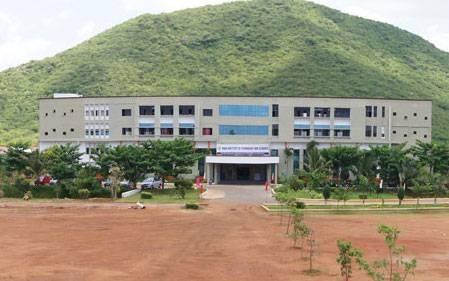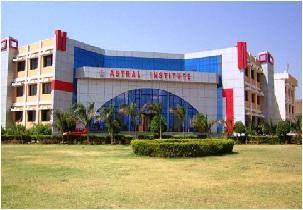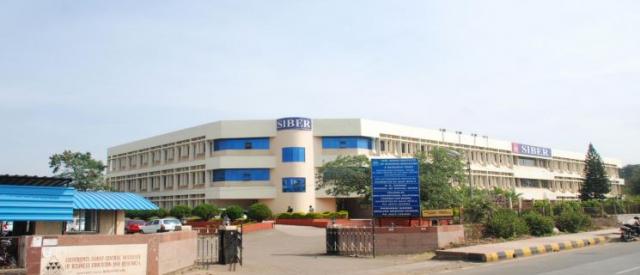HMS Institute of Technology inTumkur has built a reputation for fostering industry-ready graduates through structured placement programs and collaborations with national and regional recruiters. While placement outcomes vary across disciplines, the institute emphasizes skill development and corporate engagement to enhance employability. Below is a detailed analysis of recent placement trends, supported by verified data.
The institute’s placement cell focuses on bridging academic training with industry requirements, resulting in diverse opportunities across engineering, management, and diploma programs.
HMT Tumkur-Placement Overview
| Branch/Course | Avg Package (LPA) | Highest Package (LPA) | % Placed / No. Placed | College Avg Placement (LPA) | Additional Info | Student Review on Placement Data |
| B.E. in Computer Science and Engineering | 4.5–5.5 | 10–12 | 75–80% | 4.8 | Top recruiters: Infosys, Wipro, TCS | Decent placements for CSE with MNCs visiting regularly |
| B.E. in Electronics and Communication Engineering | 3.5–4.5 | 8–9 | 65–70% | 4.8 | Core companies like Bosch, Siemens participate | Average placements for ECE compared to CSE |
| MBA | 5–6 | 8–9 | 60–65% | – | Finance & HR specializations preferred | Limited corporate placements for MBA graduates |
| M.Tech in Computer Science | 4–5 | 7–8 | 50–60% | – | Research-oriented placements | Fewer opportunities compared to UG programs |
| After 10th Diploma | 2.5–3.5 | 4–5 | 55–60% | – | Local SMEs as primary recruiters | Basic technical roles offered to diploma holders |
Key Observations
- CSE Dominance: Computer Science Engineering leads in placement rates (75–80%) and salaries, reflecting India’s IT sector demand.
- Core Engineering Variability: ECE placements rely on core manufacturing and electronics firms, with moderately lower packages.
- MBA Constraints: Management graduates face competition, with placements concentrated in finance and HR roles.
HMT Tumkur-Branch-Wise Placement Analysis
Computer Science Engineering (B.E.)
The CSE department reports the strongest outcomes, with 75–80% of students securing roles in IT multinationals. Average salaries range between ₹4.5–5.5 LPA, while top performers achieve ₹10–12 LPA in niche domains like cloud computing and AI. Recruiters prioritize coding proficiency and project experience, leading to pre-placement offers for interns.
Electronics and Communication Engineering (B.E.)
ECE placements are steady at 65–70%, with core companies like Bosch and Siemens offering roles in embedded systems and IoT. The average package of ₹3.5–4.5 LPA reflects the sector’s slower growth compared to software. Students recommend pursuing certifications in PCB design or VLSI to improve employability.
MBA Program
Despite a 60–65% placement rate, MBA graduates note limited diversity in recruiting sectors. Finance and HR roles dominate, with average salaries of ₹5–6 LPA. Startups and mid-sized firms are primary employers, though a minority secure roles in analytics or supply chain management at ₹8–9 LPA.
M.Tech in Computer Science
Placements for postgraduate students emphasize research and development roles, with 50–60% securing positions in academia or IT R&D divisions. Salaries average ₹4–5 LPA, lower than undergraduate tech roles, prompting many graduates to pursue PhD programs or upskill in emerging fields.
After 10th Diploma
Diploma holders in mechanical and civil engineering often join local SMEs in technical support or quality assurance roles. Placements hover at 55–60%, with salaries between ₹2.5–3.5 LPA. Students highlight the need for stronger industry partnerships to improve opportunities.
HMT Tumkur-Recruitment Trends and Strategies
Corporate Partnerships
The institute collaborates with 50+ recruiters, including Infosys, Wipro, and Bosch, through annual job fairs and internships. CSE and ECE departments benefit from recurring visits by IT giants, while MBA recruiters include regional banks and retail chains.
Skill Development Initiatives
- Technical Workshops: Hands-on sessions on Python, AutoCAD, and data analytics.
- Soft Skills Training: Communication and interview preparation modules.
- Industry Projects: Final-year students undertake live projects with companies like TCS.
Internship-to-Placement Pipeline
Approximately 30% of CSE and ECE students receive pre-placement offers after internships. MBA interns often transition into roles in financial analysis or HR operations, though conversion rates are lower (15–20%).
HMT Tumkur-Career Pathways and Alumni Trajectories
Engineering Graduates
- IT Sector: 60% of CSE graduates join software firms as developers or test engineers.
- Core Engineering: 40% of ECE graduates enter electronics manufacturing or telecom sectors.
- Higher Studies: 20% pursue MTech or certifications in specialized fields.
Management Graduates
- Corporate Roles: 55% secure roles in banking, retail, or HR consulting.
- Entrepreneurship: 10% launch startups in e-commerce or digital marketing.
Diploma Holders
- Technical Roles: 70% work as junior engineers or technicians in SMEs.
- Further Education: 30% enroll in degree programs to enhance qualifications.
HMT Tumkur-Challenges and Recommendations
While the institute maintains robust ties with IT recruiters, expanding partnerships with core engineering and multinational corporations could improve ECE and MBA outcomes. Strengthening mentorship programs and encouraging hackathon participation may also elevate placement rates.
HMT Tumkur-Conclusion
HMS Institute of Technology provides a balanced ecosystem for academic and professional growth, with CSE and ECE departments driving placement success. By addressing gaps in corporate diversity and postgraduate opportunities, the institute can further solidify its position as a regional hub for technical education. Prospective students should align their skill development with industry demands to maximize placement potential.










